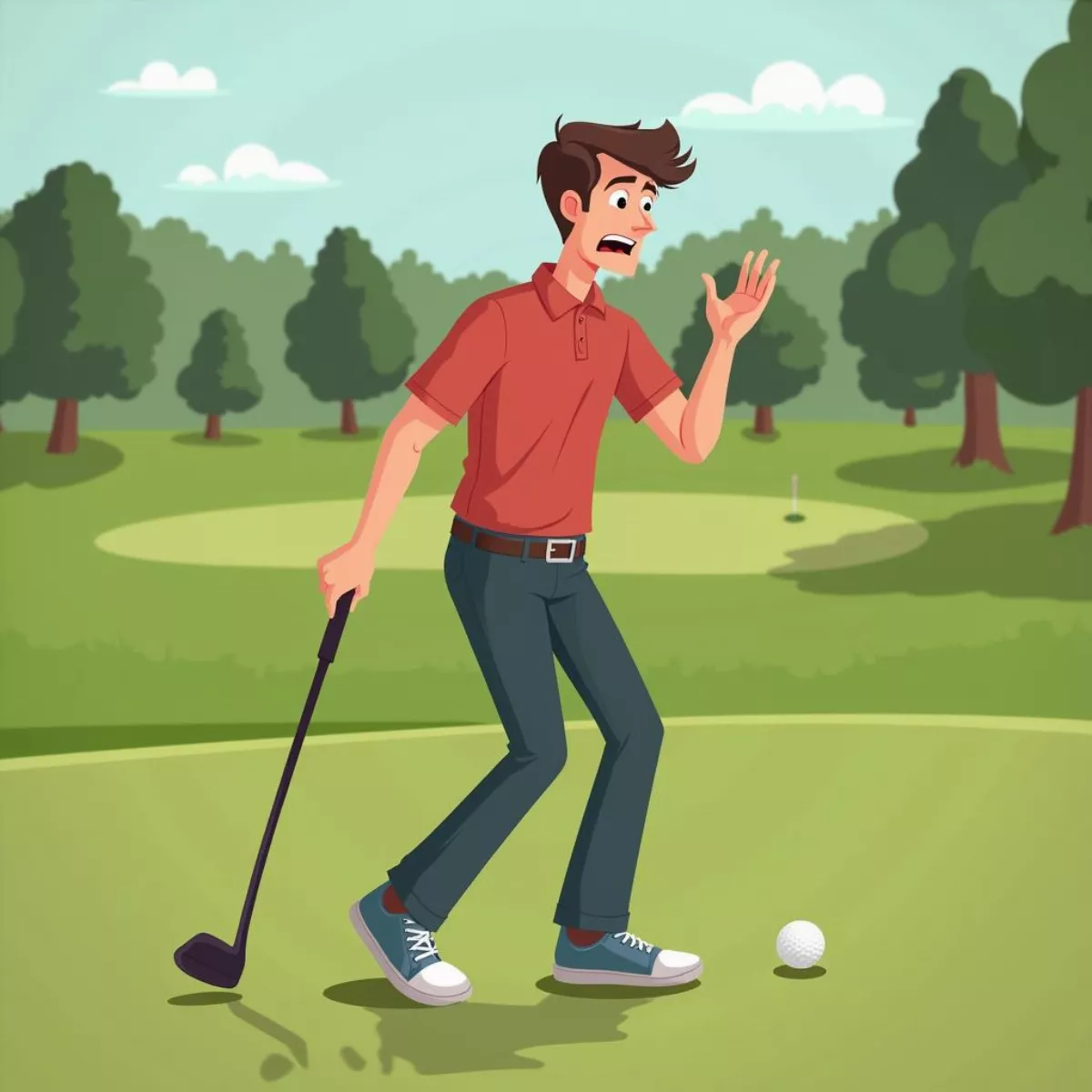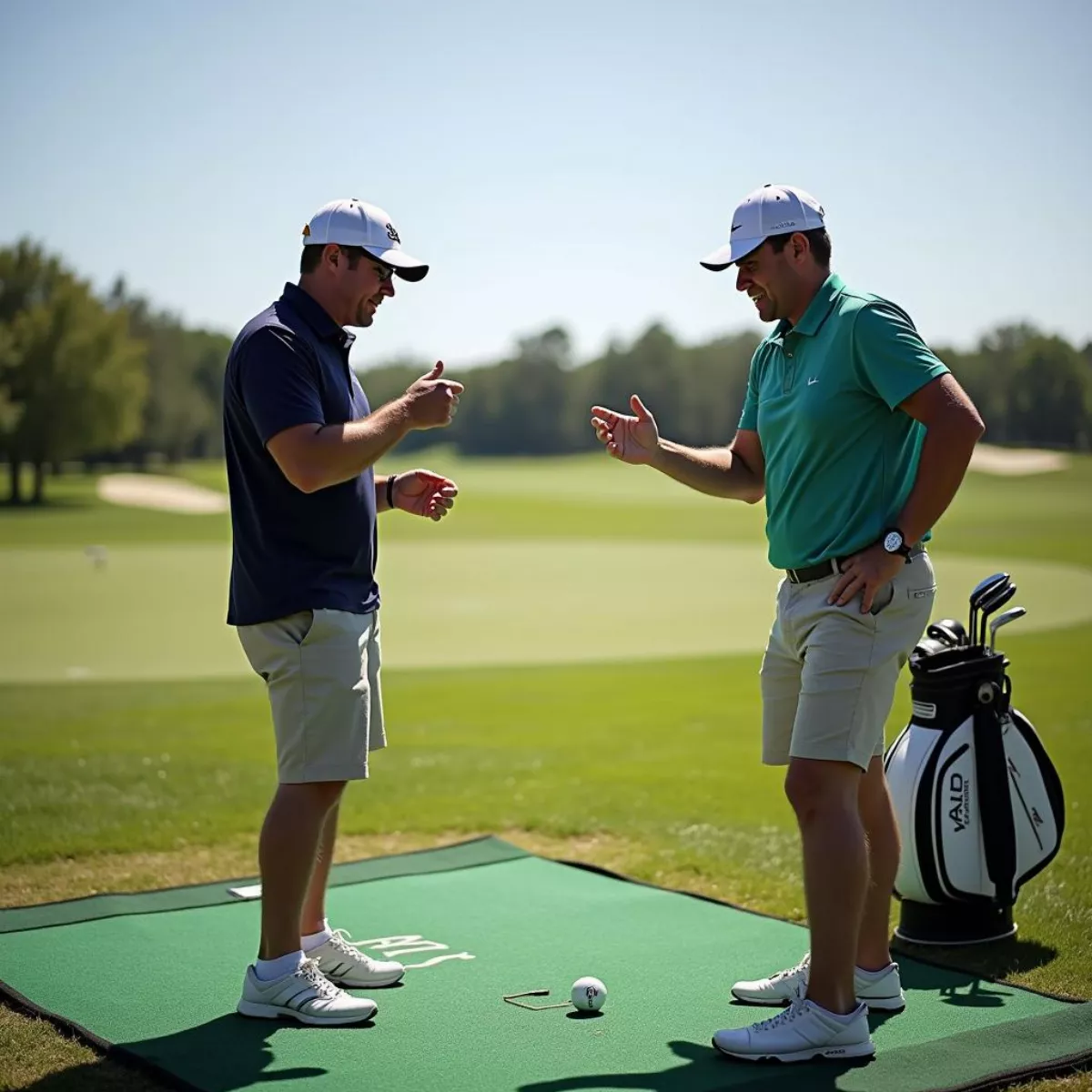Golf can be an intricate blend of skill, strategy, and mental fortitude. Among the broad spectrum of players, high handicap golfers often find themselves navigating unique challenges. If you’re new to golf or consider yourself a high handicap golfer—typically one with a golf handicap higher than 18 for men and 24 for women—this guide is tailored just for you. Let’s delve into what it means to be a high handicap golfer, the common obstacles faced, and some tips to improve your game.
What is a High Handicap Golfer?
A high handicap golfer is someone who has less experience or struggles with consistency in their game. Their handicap indexes are generally higher, meaning they are expected to shoot higher scores compared to their low handicap counterparts. Understanding the reasons behind a higher handicap is the first step towards improvement.
Why a Handicap Matters
A handicap provides a numerical representation of a golfer’s ability. It helps level the playing field when competing against others of varying skills. A high handicap doesn’t mean a golfer isn’t passionate or talented; it may simply indicate that they are still refining their skills.
Common Characteristics of High Handicap Golfers
High handicap golfers often share certain traits that contribute to their scoring. Here’s what you might find:
- Inconsistent Swing: Many high handicap golfers struggle with the mechanics of their swing, leading to erratic shots.
- Short Game Challenges: A weak short game can significantly affect scores. Pitching, chipping, and putting often need the most attention.
- Course Management: Understanding how to make strategic decisions on the course can be challenging for high handicap golfers.
- Mental Game: Maintaining composure and focus can become difficult, especially after a string of poor shots.
Factors Influencing the High Handicap
| Factor | Description |
|---|---|
| Experience | Lack of exposure to varied golf courses and playing conditions can hinder skill development. |
| Physical Conditioning | Golf requires physical endurance, flexibility, and strength—factors high handicappers may lack. |
| Instruction | Limited guidance from coaches can leave golfers unaware of proper techniques and strategies. |
 Beginner golfer on golf course
Beginner golfer on golf course
Improving Your Game: Tips for High Handicap Golfers
Improvement is always possible, and with some dedicated effort, high handicap golfers can find themselves shooting lower scores. Here are some practical tips:
1. Focus on the Fundamentals
- Grip: The foundation of your swing starts with a proper grip. Make sure to hold the club correctly.
- Posture: Adopt an athletic stance. Keep your back straight and bend slightly at the knees.
- Alignment: Practice aligning your body parallel to your target line.
2. Short Game Practice
- Chipping: Spend time practicing different chip shots around the green.
- Putting: Focus on your putting game. Most strokes can be saved here. Practice drills can help develop touch and accuracy.
 Golfer chipping onto green
Golfer chipping onto green
3. Course Management
- Play Smart: Avoid risky shots. Sometimes the best play is to lay up rather than go for the green in one.
- Understand Your Strengths: Focus on areas of your game that you excel in and play to those strengths.
4. Physical Fitness
- Incorporate stretching and strength training into your routine to improve flexibility and stamina on the course.
- Simple exercises focusing on core strength can have a considerable impact on your swing.
5. Mental Strategies
- Develop a pre-shot routine to help with focus and consistency.
- Practice mindfulness to stay in the moment, keeping the past shots out of your head.
Tools to Assist High Handicappers
Golf Training Aids
- Alignment Sticks: These help with proper alignment during practice.
- Putting Mats: Practice putting in the comfort of your home.
- Swing Analyzers: These devices provide feedback on your swing mechanics.
Golf Lessons
Consider taking lessons from a qualified professional who can tailor tips and exercises specific to your needs. Golf clinics can also be beneficial for various skill levels.
 Golfer taking lesson from instructor
Golfer taking lesson from instructor
Common Misconceptions about High Handicap Golfers
- High Handicappers Don’t Care About Improvement: This is far from the truth. Many high handicap golfers are deeply passionate and want to improve.
- All High Handicappers Have Bad Technique: While some may struggle with technique, others may have the right form but lack experience or course knowledge.
- They Don’t Enjoy the Game: Many high handicap golfers find joy in the social aspects of the game and the challenge itself.
Key Takeaways
- A high handicap golfer is defined by a higher golf handicap index, generally over 18 for men and 24 for women.
- Key characteristics include inconsistent swings, short game struggles, and challenges in course management.
- Improvement strategies include focusing on fundamentals, practicing the short game, smart course management, and physical fitness.
- Mental strategies like mindfulness can enhance performance significantly.
FAQs
1. What is the average handicap for recreational golfers?
The average handicap for male golfers is around 16, while for female golfers, it typically hovers around 28.
2. How can I improve my putting game as a high handicap golfer?
Focus on your stance, grip, and alignment. Practice regularly with drills that emphasize distance control and aim.
3. Is it necessary to hire a coach?
While it’s not necessary, hiring a coach can provide valuable insights tailored to your specific needs, accelerating your improvement.
4. What should I focus on during my practice sessions?
Divide time between driving, approach shots, short game, and putting. Ensure you’re also practicing under pressure to simulate real-game scenarios.
5. How often should I practice?
Aim for several practice sessions each week, focusing on different areas of your game. Quality beats quantity!
6. Can equipment make a difference?
Yes, choosing the right clubs that suit your skill level can enhance your performance. Consider getting fitted for clubs.
7. How do I know if I’m improving?
Track your scores over time. If you notice a consistent decline in scores, you’re heading in the right direction.
8. What is the importance of mental strength in golf?
Mental strength helps you stay focused and manage emotions, allowing for better decision-making and consistent play.
By understanding the nuances of being a high handicap golfer and tackling common challenges thoughtfully, you can enhance both your enjoyment of the game and your overall performance. Happy golfing!

